There are a number of reasons that your dog might be exhibiting destructive behaviors. Unfortunately, there’s no exact science when it comes to determining the cause, or coming up with a solution to the problem. You need to identify the things that act as a trigger for your dog, and cause them to destroy things as a response. To help, I’ve put together a handy list of reasons that your dog might be showing these behaviors.
Before we start, it should be said that if your dog is a puppy, or is still a young dog, then chewing is a perfectly natural and normal behavior. Chewing not only helps to alleviate teething pains for young pups, but it is also how they explore the world around them. So, don’t be alarmed if your chewing problems are coming from a younger dog. These things can easily be corrected.
If your puppy is chewing on inappropriate items, simply remove those items from your puppy’s mouth, signaling to them verbally that this is bad behavior. Note: Do not scold your dog, but you should signal to them in some way that this behavior is unacceptable. The ASPCA recommends saying “uh oh” when you take the inappropriate items away, and immediately rewarding your dog with praise when you replace the bad item with something the dog is allowed to chew on. This helps to reinforce the good behavior you want to see.
If your dog is older, but you are still dealing with a destructive chewer, it is pretty likely that there is some other root cause to blame. Here are some causes of destructive chewing in adult dogs.
Your dog might be chewing because:
a.) They are bored. Dogs chew to relieve boredom. If your dog is chewing on things, it is possible that they do not have enough outlets for play. Make sure that your dog has plenty of things they are allowed to chew on.
b.) They are anxious. Separation anxiety is another very common root cause for destructive chewing, as chewing helps to calm some dogs down. This cause can be hard to ascertain because you are not around when your dog has these feelings, hence separation anxiety. You might try setting up a camera or other recording device to tape your dog when you are away from the house. This way, you can view the tape and see what the dog’s behavior is like when you are gone.
One great item for relieving boredom and anxiety in your dog is a Boredom Buster treat mat from Hyper Pet. These are great, because you can spread a soft treat like peanut butter or pumpkin puree all over the mat and down inside of it’s many grooves, and give it to your dog for a long lasting and soothing treat. They will take their time cleaning the food out of each little crevice in the mat’s surface. This is good because licking not only increases their sense of taste, but it also releases calming endorphins in your dog’s brain.
c.) They are hungry. Many dogs chew on things that smell or taste like food, because they are hungry. If your dog is going after items in the trash, this could be the reason. Make sure that your dog has plenty of edible items they can chew on. Always make sure to monitor your dog when you’ve given them one of these treats, as dogs can still choke on small pieces from the treat. Be very careful when you attempt to take the unacceptable item away from your dog, as they may be very protective of their trophy and could become aggressive. If you are worried that your dog may act this way, then you should seek more serious behavioral training for your dog.
d.) They are untrained. This goes without saying. The primary reason any dog chews destructively is because they have never been trained to do otherwise, or were socialized in a household where they were taught that this kind of chewing was acceptable.
Dogs who have never been trained otherwise will often chew on furniture, and fabrics. If this is the case with your pooch, you can use some kind of deterrent directly on the fabric to discourage chewing. When introducing a new deterrent, you should apply a small amount to a cotton ball and let your dog taste and smell the substance directly. If your dog does not like the intense smell and taste, ideally they will learn to associate the smell with the furniture you do not want them chewing on, and will avoid it in the future.
I like Grannick’s Bitter Apple Spray for Dogs. This stuff is great because it has multiple uses. It is originally intended for use as a deterrent for dogs who are chewing on surgical sites, or are prone to creating hot spots on their body through repeated licking and chewing but it works just as well on any surface that you don’t want your dog to put their mouth on.
So really, there's no catch-all solution to destructive chewing. The best way to handle your dog’s issue is to first determine what exactly the root cause is. Yes, they are chewing up your house, but what is the underlying reason for the behavior? Work to identify this, and eliminate the situation that is triggering your dog to chew. Once you’ve figured out the reason, then you can work on figuring out the solution to the problem. If you’ve tried everything, and your dog is still chewing, there could be a less obvious issue at hand, which could require more thorough conditioning to correct.



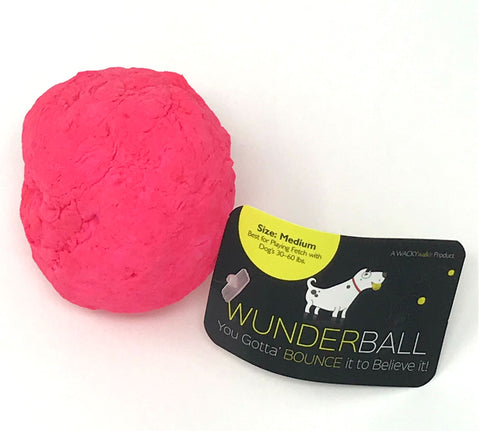
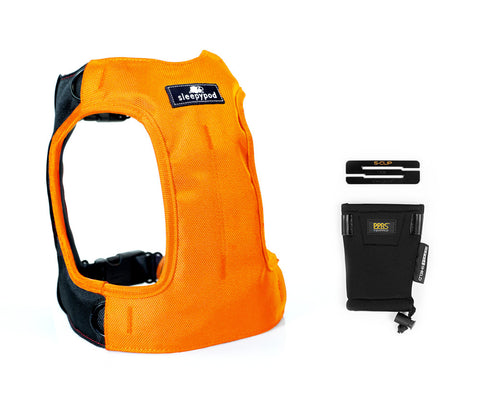
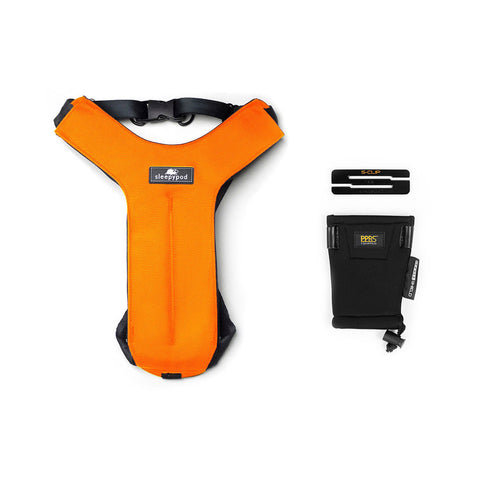
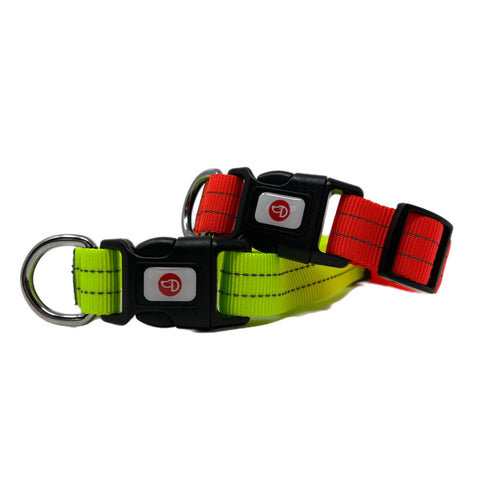
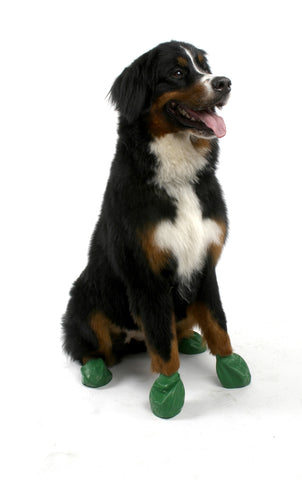
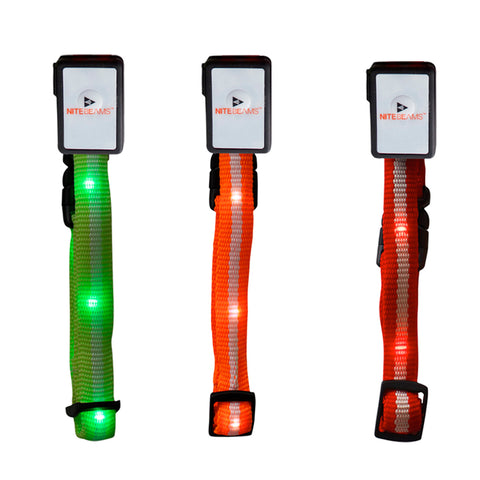
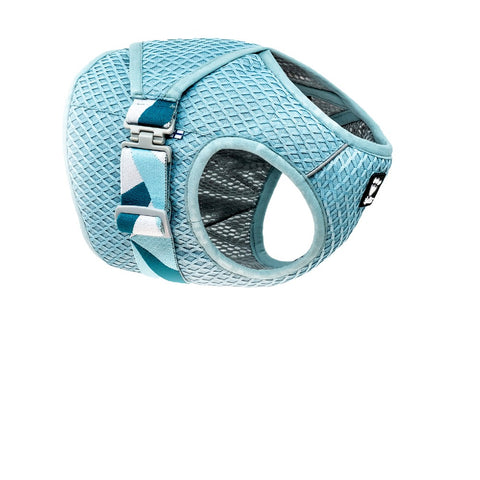










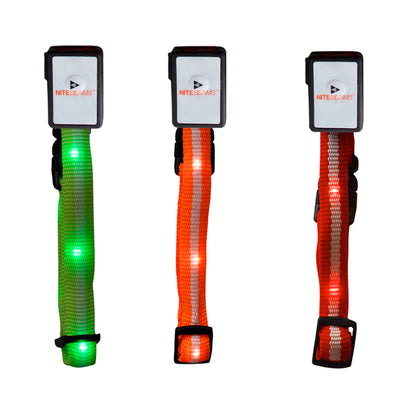
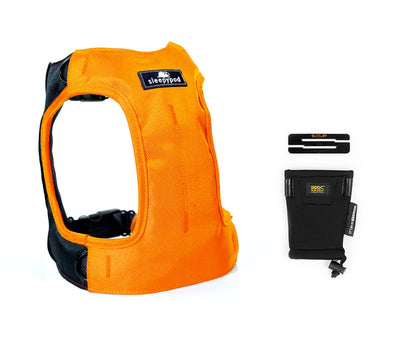
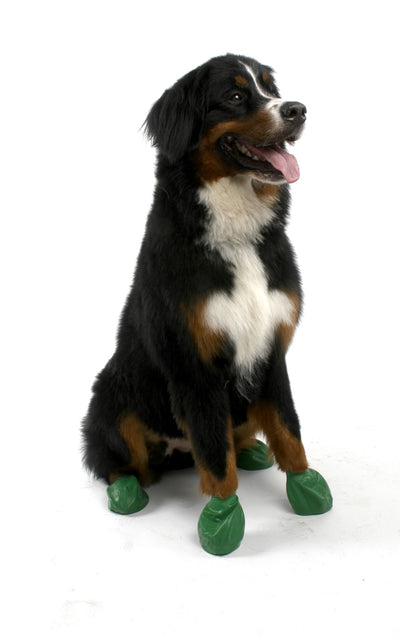
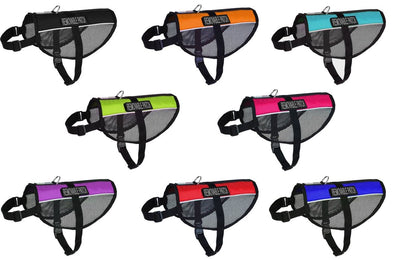
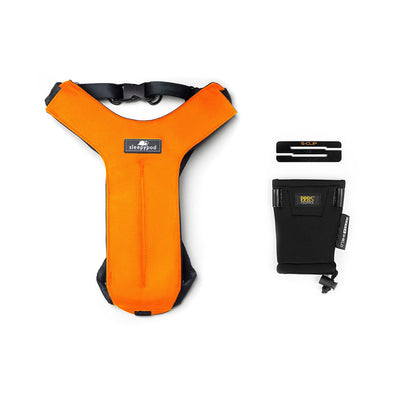
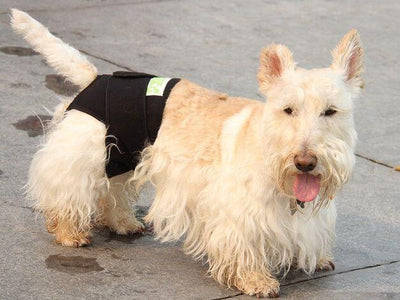
Leave a comment